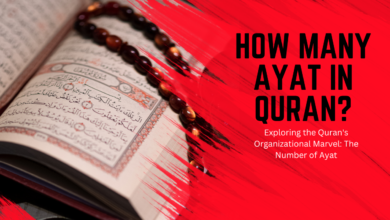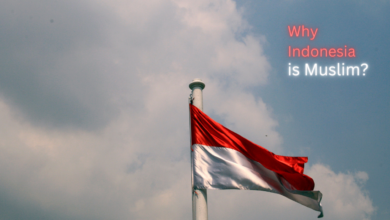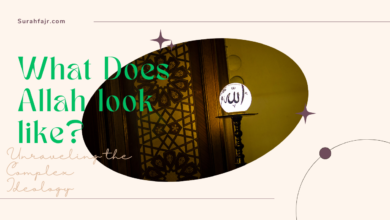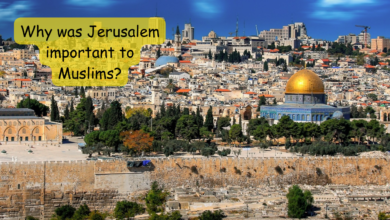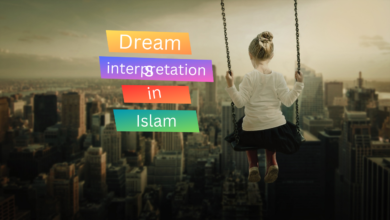What happens after death Islam?
"The Islamic Belief in Life After Death: A Journey of the Soul"
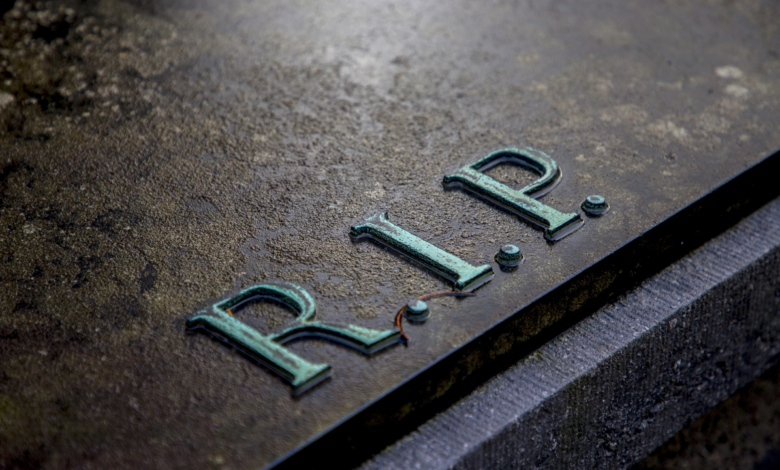
What happens after death Islam?
In Islam, it is believed that after death, a person’s soul is judged by Allah (God) based on their deeds and faith during their earthly life. This judgment determines their fate in the Hereafter.
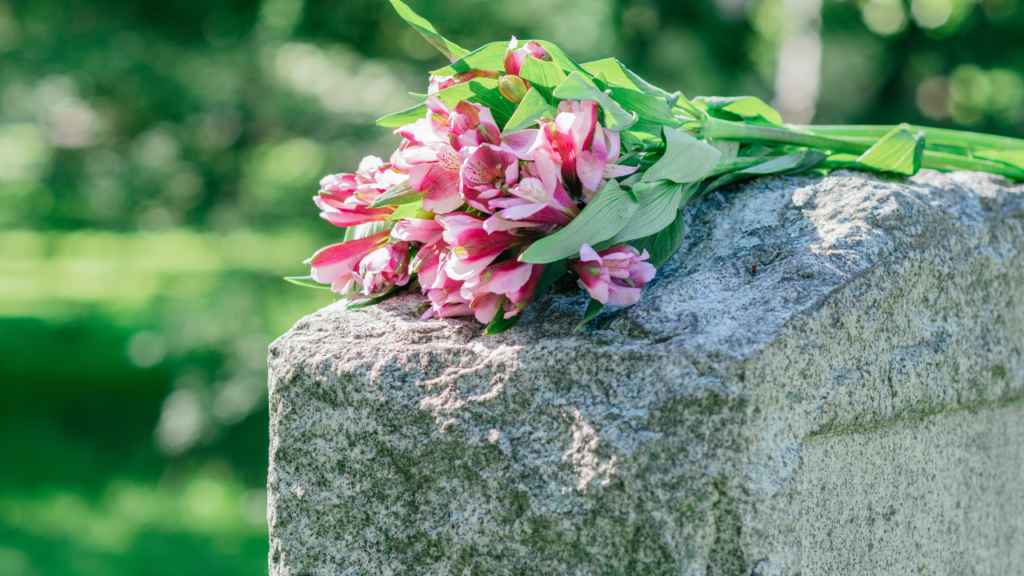
Introduction
The concept of life after death holds significant importance in Islam, providing believers with a profound understanding of the purpose of life and the consequences of their actions in this world. Muslims believe that life on Earth is a test, and the ultimate outcome of this test is determined by one’s faith and deeds. After death, according to Islamic beliefs, the soul embarks on a journey that will determine its eternal destination. In this article, we will explore what happens after death in Islam, shedding light on the various stages and the ultimate judgment.
The Moment of Death
In Islam, the moment of death is seen as a transitional phase where the soul departs from the physical body. This process is described as a separation of the soul from the body, and it is said to occur painlessly for the righteous. The soul is then taken by the Angel of Death, known as Azrael, who is responsible for extracting the souls of the deceased.
The Barzakh (Intermediate Realm)
After death, the soul enters the Barzakh, an intermediate realm that serves as a waiting period until the Day of Judgment. In the Barzakh, the soul is in a state of consciousness, and its experience is determined by the individual’s faith and actions in the worldly life. Believers experience comfort and tranquility, while those who led a sinful life may experience discomfort and distress.
The Day of Resurrection
The Day of Resurrection, also known as the Day of Judgment, is a fundamental belief in Islam. It is the day when all humans, from the beginning of time to the end, will be resurrected by the command of Allah. On this day, every soul will be gathered for judgment, and they will be held accountable for their deeds. The Quran describes this day as a day when “the earth will shine with the light of its Lord” (Quran, 39:69).
Also Check
- Who are Munkar and Nakir in Islam?
- What questions will God ask on judgement day Islam?
- What is Haram in Islam?
- Why do Muslims cover their face?
- Why is Friday important for Muslims?
Reckoning and Accountability
On the Day of Judgment, each person’s actions will be laid bare before them. Every deed, whether it be good or bad, will be presented, and individuals will be questioned about their choices and intentions. It is believed that Allah, the Most Just, will weigh these deeds on a divine scale, and the outcome will determine one’s fate.
Paradise and Hell
Based on their deeds and faith, individuals will be assigned to either Paradise (Jannah) or Hellfire (Jahannam). Those who lived a righteous and obedient life, believing in the Oneness of Allah, will be rewarded with entry into Paradise. It is described as a place of eternal bliss, where the righteous will enjoy the presence of Allah and the company of loved ones.
Conversely, those who rejected faith and led a life of sin will be condemned to Hellfire. Hell is portrayed as a place of torment and suffering, where the souls of the wicked will be punished according to their misdeeds. However, Islam also teaches that Allah is merciful, and ultimately, His judgment is just.
The Eternal Abode
The final destination of the soul, either Paradise or Hell, is believed to be eternal. Once assigned, there is no possibility of changing one’s fate. Believers in Paradise will experience everlasting joy and contentment, while those in Hell will endure eternal suffering.
Conclusion
In Islam, the concept of life after death is a central tenet of faith, emphasizing the significance of one’s actions in this world. The journey of the soul after death involves various stages, including the moment of death, the Barzakh, the Day of Judgment, and the assignment to either Paradise or Hell. Islam teaches that the ultimate judgment is just and that individuals will be rewarded or punished based on their deeds and faith. Understanding the consequences of one’s actions in the Hereafter is a source of motivation for Muslims to live a righteous and virtuous life in this world, as they strive for a favorable outcome in the Hereafter.

FAQs About What Happens After Death in Islam
What does Islam believe happens after death?
In Islam, it is believed that after death, a person’s soul is judged by Allah (God) based on their deeds and faith during their earthly life. This judgment determines their fate in the Hereafter.
What are the stages after death in Islam?
There are several stages a person goes through after death in Islam. These include death itself, the questioning of the deceased in the grave, the Day of Judgment, and then either eternal paradise (Jannah) or punishment (Hellfire).
What happens immediately after death in Islam?
Upon death, Muslims believe that angels called Munkar and Nakir visit the deceased in the grave and ask questions about their faith and deeds. The righteous will answer correctly, while the wicked may struggle.
How is one’s fate determined in Islam after death?
The ultimate fate of a person in Islam is determined by Allah’s judgment on the Day of Judgment. Good deeds, faith, and sincerity are rewarded with a place in Jannah (paradise), while sinful and disbelieving individuals may face punishment in Hellfire.
What are the characteristics of Jannah (paradise) in Islam?
Jannah is described as a place of eternal bliss, where believers will experience unimaginable delights, including rivers of milk, honey, and wine, as well as gardens, mansions, and the pleasure of being close to Allah.
What are the characteristics of Hellfire (Jahannam) in Islam?
Hellfire is depicted as a place of punishment and torment in Islam. It is described as a fiery abyss where those who have committed grave sins or rejected faith will suffer eternally.
Can one’s fate change after death in Islam?
According to Islamic belief, one’s fate is sealed at the time of death and cannot be changed after that. It is the culmination of one’s faith and deeds during their earthly life.
How can one prepare for the Hereafter in Islam?
Muslims are encouraged to lead a righteous and pious life, following the teachings of Islam, performing good deeds, and seeking forgiveness for their sins. Prayers, charity, fasting, and acts of kindness are important aspects of spiritual preparation.
Is there a specific way to pray for deceased loved ones in Islam?
Yes, Muslims are encouraged to pray for the deceased and ask for Allah’s mercy and forgiveness upon them. This can be done through special prayers known as “dua” and by performing acts of charity on behalf of the deceased.
What is the importance of faith and repentance in Islam after death?
Faith and sincere repentance play a crucial role in determining one’s fate in the Hereafter. A strong belief in Allah and genuine repentance for sins can lead to forgiveness and mercy, even after death, according to Islamic teachings.

